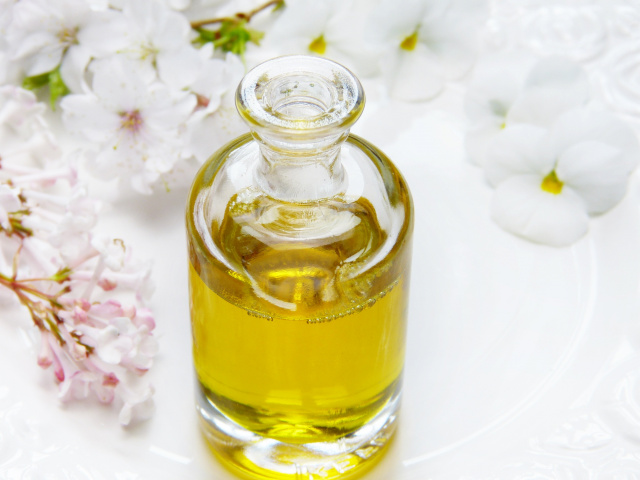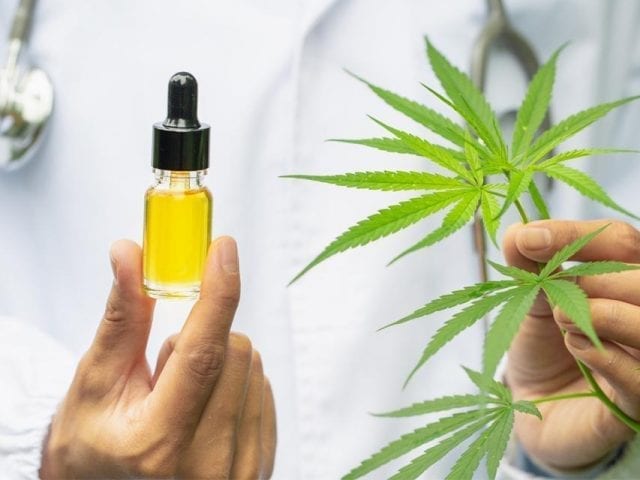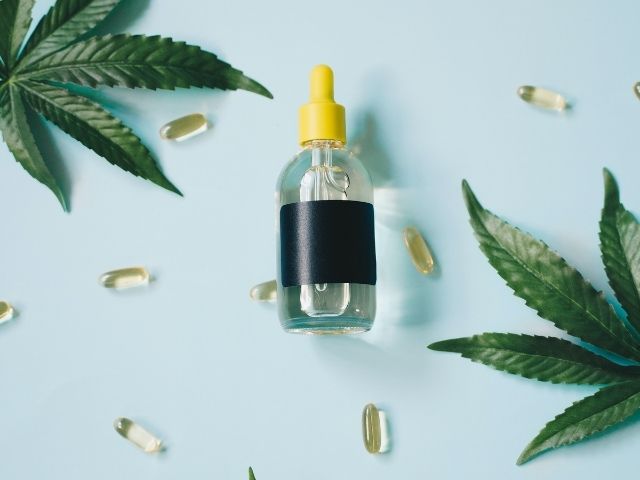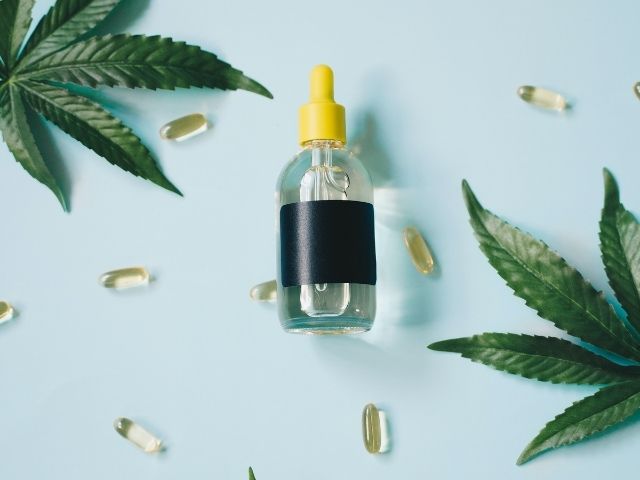
CBD is a substance in the hemp plant. Dutch legislation states that CBD products and/or food supplements may not contain more than 0.05% THC (psychoactive substances). Since most CBD products comply with this, CBD is 100% legal and may be used and sold freely. In fact, CBD is a natural dietary supplement, which, like vitamins, can support the body. On the other hand, CBD oil, made from the CBD plant, is prohibited. CBD oil contains a high concentration of THC. Hemp oil may not be sold and is prohibited by law. This is included in the Dutch legislation.
Netherlands
Cannabidiol (CBD) is a substance in the hemp plant. In the Netherlands, CBD flowers with a THC level below 0.2%. It is also (medically) available in pharmacies. However, production of CBD in the Netherlands is not yet legal.
(ENG)
According to the Opium law in the Netherlands, CBD oil is tolerated as a herbal products and can be legally sold and consumed if it is extracted from EU hemp, containing 0,2% of THC or less.
CBD and legality
Hemp-derived CBD is legal in most countries. CBD is also found in the CBD plant. Hemp-derived CBD is not legal in most countries because the growth and cultivation of CBD is not legal. CBD derived from hemp has no psychoactive effects, therefore the purchase, sale or possession of hemp CBD products is completely legal in most countries.
European legislation
In Europe, CBD laws vary from country to country. According to EU legislation, CBD products cannot contain more than 0.2% THC. This applies to all countries in the European Union.

CBD in Practice
Despite this designation, no action is taken against it because surveillance of CBD is not seen as a first priority and CBD products such as CBD oil and CBD capsules are therefore freely available almost everywhere. The contradictions show that CBD is indeed considered illegal in theory but tolerated in practice.
Because CBD is classified as a dietary supplement, its effects may not be advertised or labeled as a means to treat, prevent or cure diseases. This is stipulated in EU legislation to protect consumers from potential health risks. There is plenty of information in the media about the possible uses of CBD oil but it cannot be scientifically substantiated.
Cannabidiol is found in the hemp plant and for that reason falls under the Opium Act. Often the hemp is produced in the Netherlands and only processed into CBD abroad. In this way the legislation is “circumvented” and the production of CBD remains legal so that it can be sold in the Netherlands. By producing in this way, the production of CBD may officially be seen as illegal, but is tolerated by the authorities. Learn more about 2021 rules on CBD by reading this article.
The future in terms of CBD legislation
In England, CBD has been officially recognized as a medicine since 2017 and is therefore available completely legally. This increases the chances that also in the Netherlands the legislation will be changed and CBD will be recognized as medicine and the production will be allowed. Make sure you always buy your CBD from recognized, safe webshops like Vitaa CBD or Cbdapotheek.nl.








